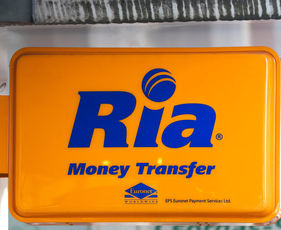
FX Market Update: EUR/USD Heads to Parity

Crispus Nyaga
January 13th, 2025

Crispus Nyaga
January 2nd, 2024

Keith Hodges
August 29th, 2023

Keith Hodges
February 3rd, 2023

Keith Hodges
November 16th, 2022

Yasmin Purnell
September 2nd, 2022

Yasmin Purnell
June 29th, 2022

Keith Hodges
January 25th, 2022


.jpg)











